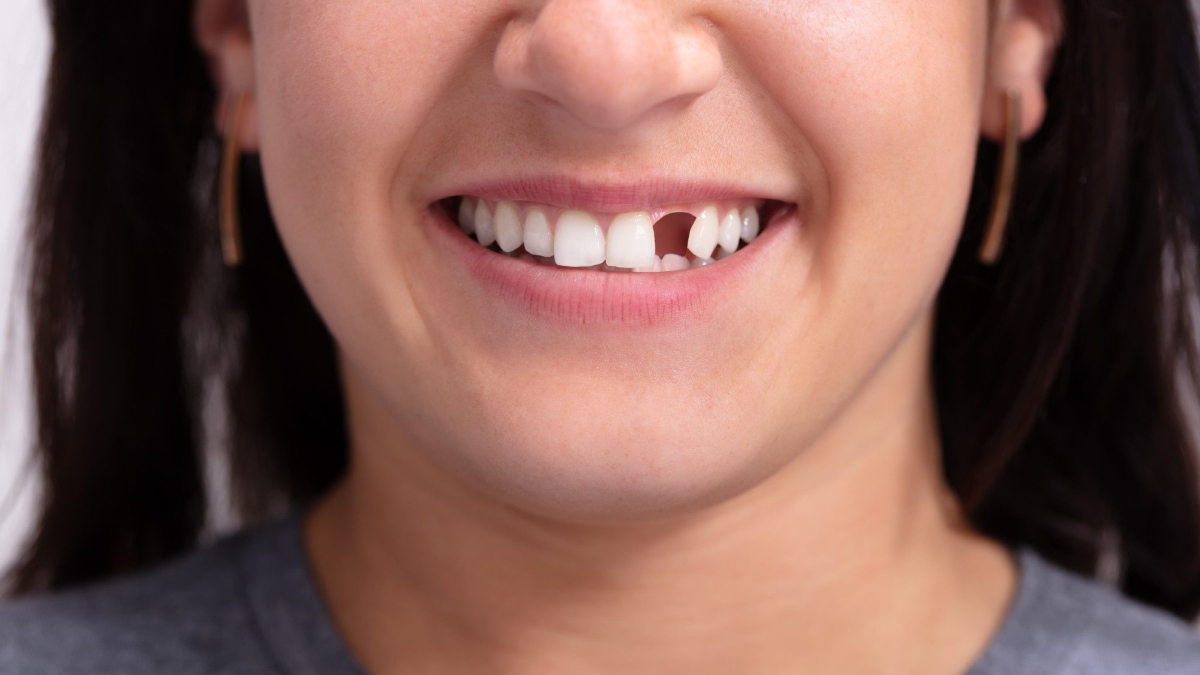A groundbreaking drug that may enable humans to grow new teeth is undergoing clinical trials in Japan, offering hope to individuals with missing teeth as a potential alternative to dentures and implants.
The drug, developed by researchers at the Medical Research Institute Kitano Hospital in Osaka, aims to activate dormant buds of a “third generation” of teeth, which are typically hidden under human gums. Clinical trials began in October at Kyoto University Hospital, led by Dr. Katsu Takahashi, head of oral surgery at the institute.
“Restoring natural teeth definitely has its advantages,” Takahashi said, emphasizing the potential of the drug to transform dental care.
Previous studies on animals, including mice and ferrets, revealed that blocking the protein USAG-1 could stimulate the growth of new teeth. While the current trials focus on safety, the researchers hope the treatment could eventually help patients with congenital conditions that cause multiple missing teeth, a condition affecting roughly 0.1 percent of people.
If successful, the drug could be available by 2030, with initial applications likely for children. However, its potential for addressing tooth loss in adults has also garnered interest, particularly in aging populations like Japan, where over 90 percent of individuals aged 75 and older have at least one missing tooth.
Though promising, experts caution that further testing is required to confirm the drug’s effectiveness and ensure regenerated teeth function as natural replacements. For now, Takahashi and his team remain optimistic.
“This is only the beginning,” said Takahashi, adding that the success of the drug could mark a significant milestone in dental medicine.






